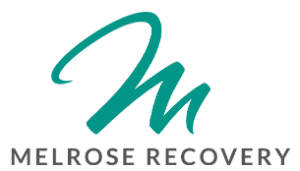What is Social Wellness? – Social wellness involves the development and maintenance of healthy, nurturing, and supportive relationships with those around you. This dimension of wellness emphasizes positive interactions with family, friends, neighbors, and colleagues, fostering meaningful conversations and strong bonds. Prioritizing social wellness not only enhances individual well-being but also contributes to a vibrant, cohesive community where everyone feels connected, valued, and supported.
In our increasingly digital world, maintaining genuine social connections can be challenging, but it’s worth the effort. Small actions like greeting a neighbor, having heartfelt conversations with friends, or volunteering in your community can significantly enhance your social well-being. By fostering real relationships, we create a sense of belonging and improve our overall well-being. So, let’s embark on this journey together, cultivating meaningful connections and building a supportive community.
What are the Components of Social Wellness?
Social wellness refers to the quality and health of our interactions and relationships with others. It involves building healthy, nurturing, and supportive relationships as well as fostering a genuine connection with those around us. Cultivating these components can significantly enhance one’s social wellness and contribute to overall well-being.
- Healthy Relationships: Building and maintaining positive, supportive, and meaningful relationships with family, friends, and colleagues.
- Communication Skills: Developing effective verbal and non-verbal communication skills, including active listening, empathy, and assertiveness.
- Social Support Network: Establishing a reliable network of people who provide emotional, informational, and practical support during times of need.
- Community Involvement: Participating in community activities, volunteering, and engaging in group activities that promote a sense of belonging and connection.
- Boundaries: Recognizing and respecting personal boundaries and those of others to maintain healthy interactions and relationships.
- Conflict Resolution: Learning and applying skills to resolve conflicts constructively and maintaining harmony in relationships.
- Diversity and Inclusion: Embracing diversity, practicing inclusion, and developing cultural competence to interact respectfully and effectively with people from different backgrounds.
- Self-Care: Balancing social activities with time for oneself to prevent burnout and maintain overall well-being.
- Positive Social Media Use: Using social media and other digital platforms mindfully to enhance social connections and not let them negatively impact mental health.
- Interpersonal Growth: Continuously working on personal development to improve social interactions and relationships, including seeking feedback and learning from experiences.
How to Improve Wellness?
Improving social wellness is the art of connecting with others, building strong support networks, and fostering a sense of community. Whether it’s through rekindling old friendships, engaging in community activities, or simply being present for loved ones, there are many ways to enhance our social well-being. Here are several strategies to improve social wellness:
Build and Maintain Healthy Relationships
Expand Your Social Network
Enhance Social Skills
Take Care of Your Well-being
Cultivate a Positive Environment
Engage in Meaningful Conversations
If you struggle with social anxiety or other issues affecting your social wellness, consider seeking help from a mental health professional. They can provide you with personalized strategies and tools to manage your symptoms, improve your social skills, and enhance your overall well-being.
What are Some Examples of Social Wellness Activities for Adults?
Here are some examples of social wellness activities for adults that can enhance social connections, foster community, and improve overall well-being:
- Joining Clubs or Groups: Whether it’s a book club, sports team, or hobby group, joining clubs can help you meet like-minded individuals and form new friendships.
- Volunteering: Engaging in volunteer work is a great way to contribute to the community, meet new people, and develop a sense of fulfillment.
- Attending Social Events: Participate in social gatherings, whether they are community events, parties, or professional networking events, to expand your social circle.
- Taking Classes: Enroll in classes or workshops that interest you. This can be a fun way to learn something new and meet people with similar interests.
- Regular Social Outings: Plan regular outings with friends or family, such as dinners, movie nights, or outdoor activities, to strengthen your bonds.

By engaging in these social wellness activities, adults can enhance their social networks, improve their emotional health, and enjoy a more fulfilling life.
How Does Social Wellness Affects Overall Health?
Social wellness is a crucial aspect of overall health and well-being. It involves having healthy relationships, enjoying regular social interactions, and feeling connected to the people around you. The positive effects of social wellness extend beyond emotional satisfaction, significantly impacting various aspects of physical and mental health.
Reduce Stress
Improve Mental Health
Enhance Physical Health
Increase Longevity
Boost Immune Function
Why Does Poor Social Health Lead to Addiction?
Poor social health can lead to addiction for several reasons, with isolation and loneliness being key factors. When people lack social connections, they may turn to substances to cope with these overwhelming feelings. Without meaningful relationships, individuals often feel disconnected and unsupported, making them more vulnerable to seeking comfort in drugs or alcohol. Additionally, a lack of support from family and friends can hinder the ability to avoid or overcome addiction, making recovery more challenging.
Stress and emotional distress also play a significant role in addiction. High levels of stress can drive people toward addictive behaviors as a form of self-medication. Those with poor social health are more susceptible to negative influences and peer pressure, increasing the risk of substance abuse. Without positive role models or supportive peers, individuals can be easily swayed toward drug or alcohol use. This mix of emotional vulnerability, lack of support, and exposure to negative influences creates a perfect storm for addiction.
How Addiction Affects Social Wellness
Addiction can greatly impact social wellness, affecting relationships, social interactions, and overall well-being. Here’s how:
Strained Relationships
Social Isolation
Damaged Reputation
Financial Strain
Health Consequences
Rebuild Connections and Strengthen Social Wellness at Melrose Recovery Center

At Melrose Recovery Center, we believe that social wellness is a cornerstone of a healthy and fulfilling life. Our commitment is to help you rebuild and strengthen your social connections, enhance your communication skills, and engage positively with your community.
If you or a loved one are struggling with addiction and its impact on your social wellness, we are here to support you every step of the way. Contact us now to learn more and get started. Together, we can build a stronger, more supportive community for a brighter future.








